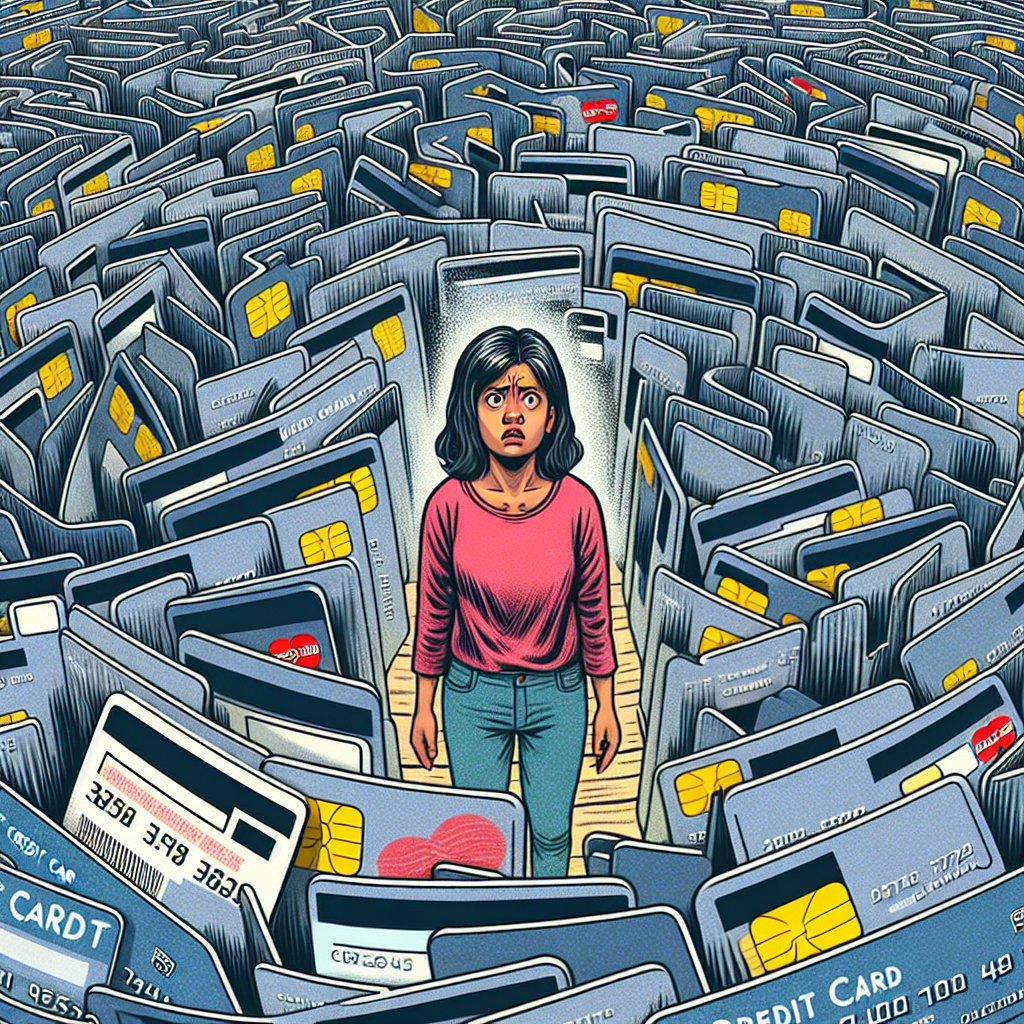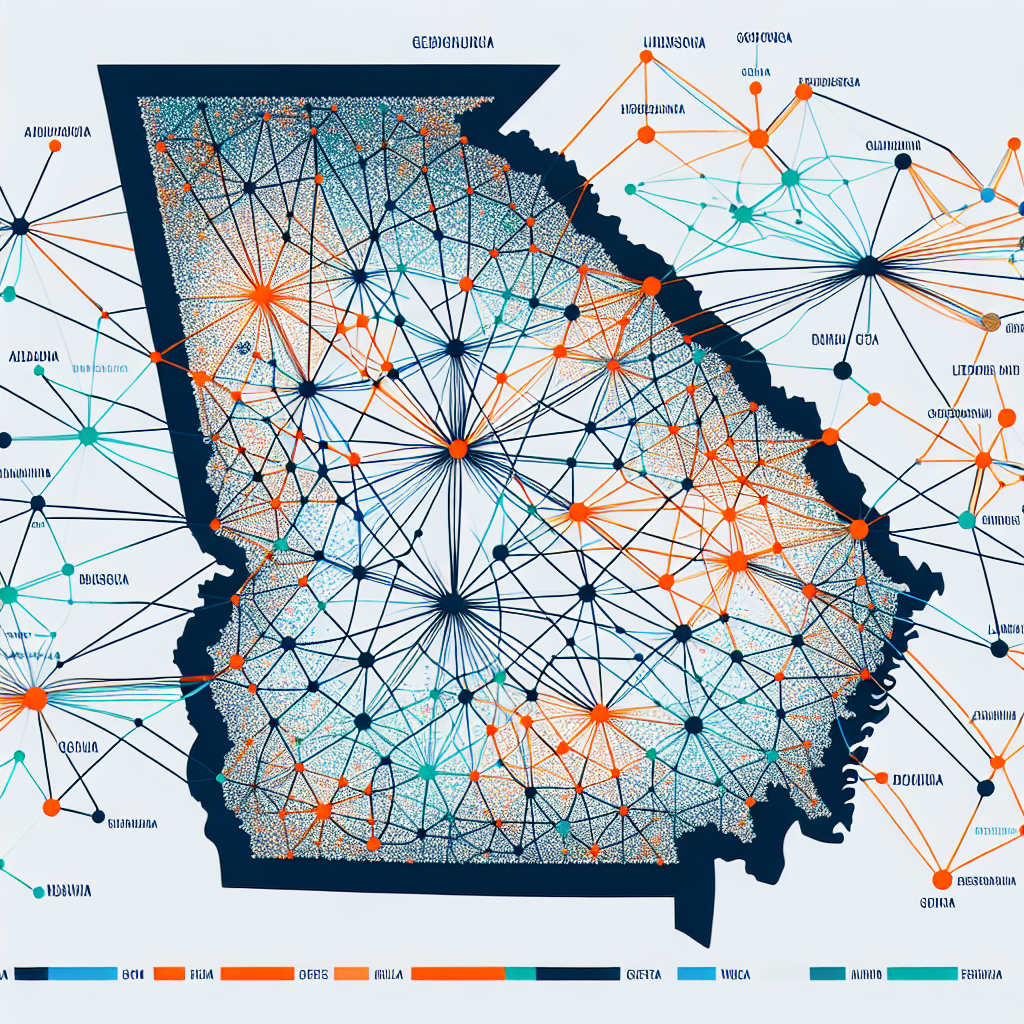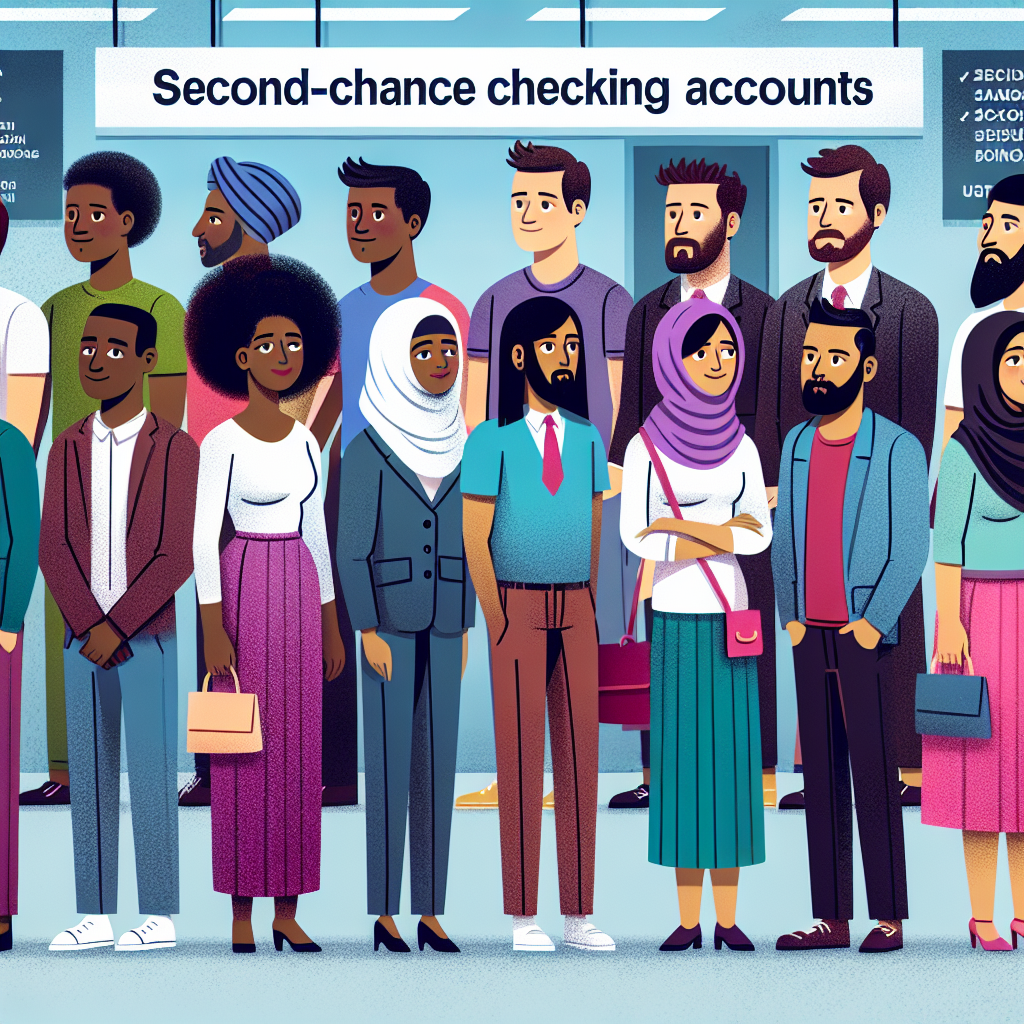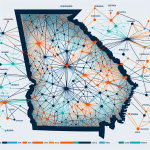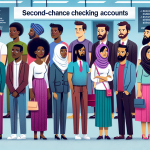Key Points to Keep in Mind
- Stay calm if your credit card goes missing—you can act fast to safeguard your account and credit standing.
- Reach out to your card provider promptly to either freeze or suspend your account, achievable through a phone call or via the card’s app.
- If recovery seems impossible or you spot suspicious activity, have the issuer cancel the card and dispatch a replacement without delay.
- Take proactive measures with the top three credit reporting agencies to fend off identity theft or credit score damage.
That little plastic slab tucked away in your wallet or purse might seem insignificant, but when lost, stolen, or breached, it can unleash a torrent of headaches. A crafty fraudster can rack up charges in no time, potentially inflicting severe harm on your credit health unless you act swiftly.
Handling a lost or stolen credit card with serious intent is vital. This article walks you through steps to take if you discover unauthorized transactions, how to liaise with your card issuer and major credit bureaus, the circumstances warranting a police report, the merits of a credit freeze, and other savvy strategies to shield your financial plastic.
Keep Your Cool: It’s Not the End of the World
One of the perks of wielding a credit card is the protection it offers against fraud—you just have to be savvy about managing the ordeal.
Why You Shouldn’t Brush Off a Lost or Stolen Card
Losing your cash is troubling, but misplacing your credit card is a different beast altogether. In the wrong hands, your card becomes a tool for unauthorized spending, sometimes accruing hundreds or thousands in charges.
“If someone snags your card, they can run up a hefty tab that might spell financial trouble. Stolen cards often lead to fraud that damages your credit score and tarnishes your financial reputation,” warns Baruch Silvermann, personal finance guru.
According to federal regulations, if you alert your issuer before unauthorized use happens, you bear no responsibility for fraudulent charges. However, a delay that allows illicit transactions could leave you liable for up to $50.
What Steps to Take When Your Card Vanishes
Step 1: Backtrack Your Movements
Don’t go tearing your house apart just yet. First, scan your account for any rogue charges that might reveal foul play.
Renee Robinson-Jones, VP of Product Management at Georgia’s Own Credit Union, advises, “If everything looks normal, retrace your last steps. Recall the last time you swiped your card or keyed it in online. Check with anyone in your household who might have had access.”
Thoroughly search your belongings — pockets, bags, and recent spots you’ve visited—as Silvermann points out, sometimes the card is merely misplaced, not stolen.
Step 2: Call or Freeze Your Account
Spotted bogus charges or still coming up empty-handed after a deep dive? Time to alert your card issuer by phone or app to freeze your account—this action halts fresh purchases but lets recurring bills like subscriptions sail through.
“Most issuers offer instant freezing options through mobile apps or a 24/7 fraud hotline,” shares Robinson-Jones. “Locking your card helps ease your mind while you continue the search or wait for a new card.”
Convinced your card has been taken or lost for good? Opt for outright cancellation and request a new card. Below are key contacts for major issuers:
Issuer Contact Information
- American Express: 800-528-4800 or their online portal/mobile app for reporting lost/stolen cards and freezing.
- Bank of America: 800-732-9194; also available through mobile app for card lock.
- Barclays: 877-523-0478 for reporting, plus online/mobile freezing options.
- Capital One: 800-655-2265; lock card via app or website.
- Chase: 800-432-3117; card freezing available online or through app.
- Citi: 800-950-5114; card lock option online or mobile.
- Discover: 800-347-2683; offers card freeze online/app.
- Wells Fargo: 800-869-3557; lock your card via website or app.
Step 3: Secure Your Replacement
Once you’ve reported the card lost or stolen, most issuers will automatically dispatch a replacement bearing a fresh card number—unless you opt to shut down the account for good.
Robinson-Jones emphasizes confirming you’ll receive a new card and clarifying the expected delivery timeline.
This replacement phase is also a moment to upgrade. Consider asking about contactless payments, better reward programs, paperless billing, real-time purchase alerts, or enrollment in credit monitoring services to keep closer tabs on your credit profile.
Step 4: Report to Authorities If Theft Is Suspected
If you’re positive your card was stolen, lodging a police report can document the crime, support potential investigations, and establish an official record if fraud follows.
Attorney Mike Schmidt advises, “Even if you suspect misplacement, having a police report on file can be invaluable if the situation worsens. Some card issuers might require it before proceeding with claims.”
Step 5: Alert the Credit Bureaus
Beyond your card issuer, placing a fraud alert with the primary credit reporting agencies—Equifax, Experian, and TransUnion—adds a layer of defense. For an extra shield, request a free security freeze, which bars new credit accounts from being opened under your name.
Robinson-Jones points out, “This step is critical in stopping identity thieves from dipping into your credit.”
Use the agencies’ websites to enact a freeze easily and without cost.
Step 6: Keep a Close Eye on Your Statements
After these measures, maintain vigilance by regularly reviewing your card statements tied to the new account details.
If due dates for payments arrive while waiting for the replacement card, make alternative arrangements to avoid missed payments that could damage your credit standing.
Silvermann notes, “Weekly credit reports can be requested to catch any suspicious activity or unknown accounts.”
Smart Ways to Guard Your Credit Cards Moving Forward
Even if your card is safe and sound, adopting a few good habits can fortify your financial fortress:
- Enable Alerts: Most issuers offer customizable notifications for transactions, regardless of where you bank.
- Secure Your Access: Avoid entering sensitive info over public Wi-Fi. Use strong, unique passwords for any financial login.
- Leverage Mobile Wallets: Digital wallets tokenize your card data, add biometric security, and keep physical cards out of harm’s way.
- Mind Your Mail: Switch to paperless billing if possible. Collect mail daily and pause deliveries during travels.
Quick Fact
According to the Federal Trade Commission, about 615,000 reports of credit card fraud were filed in 2023 alone, highlighting the importance of vigilance and swift action to minimize losses.
Don’t delay if your card has vanished or landed in the hands of a stranger. Contact your issuer without hesitation and explore other security steps to defend your credit. The upside? Prompt moves often spare you from footing the bill for unauthorized expenses and protect your creditworthiness from serious harm.
